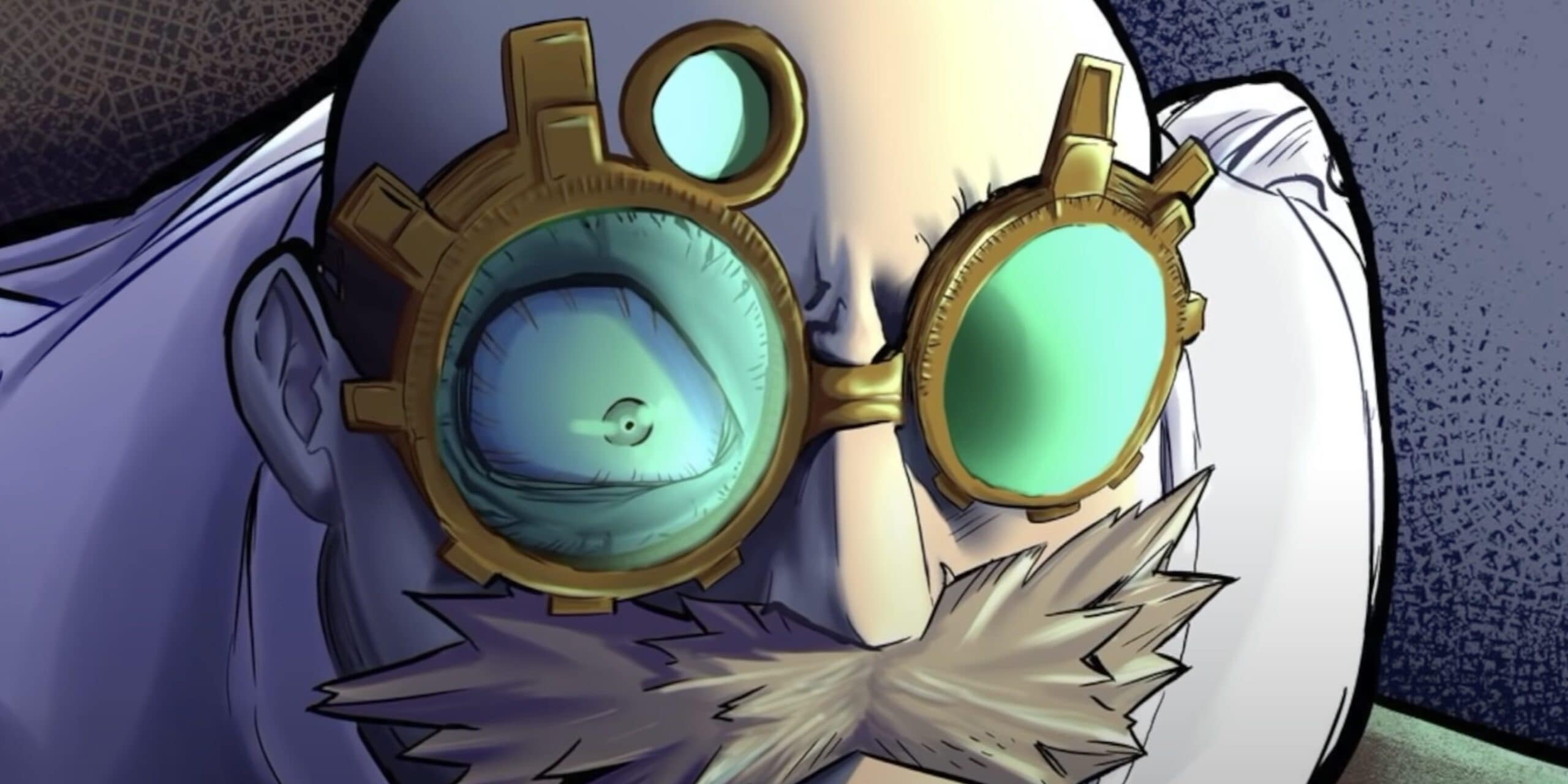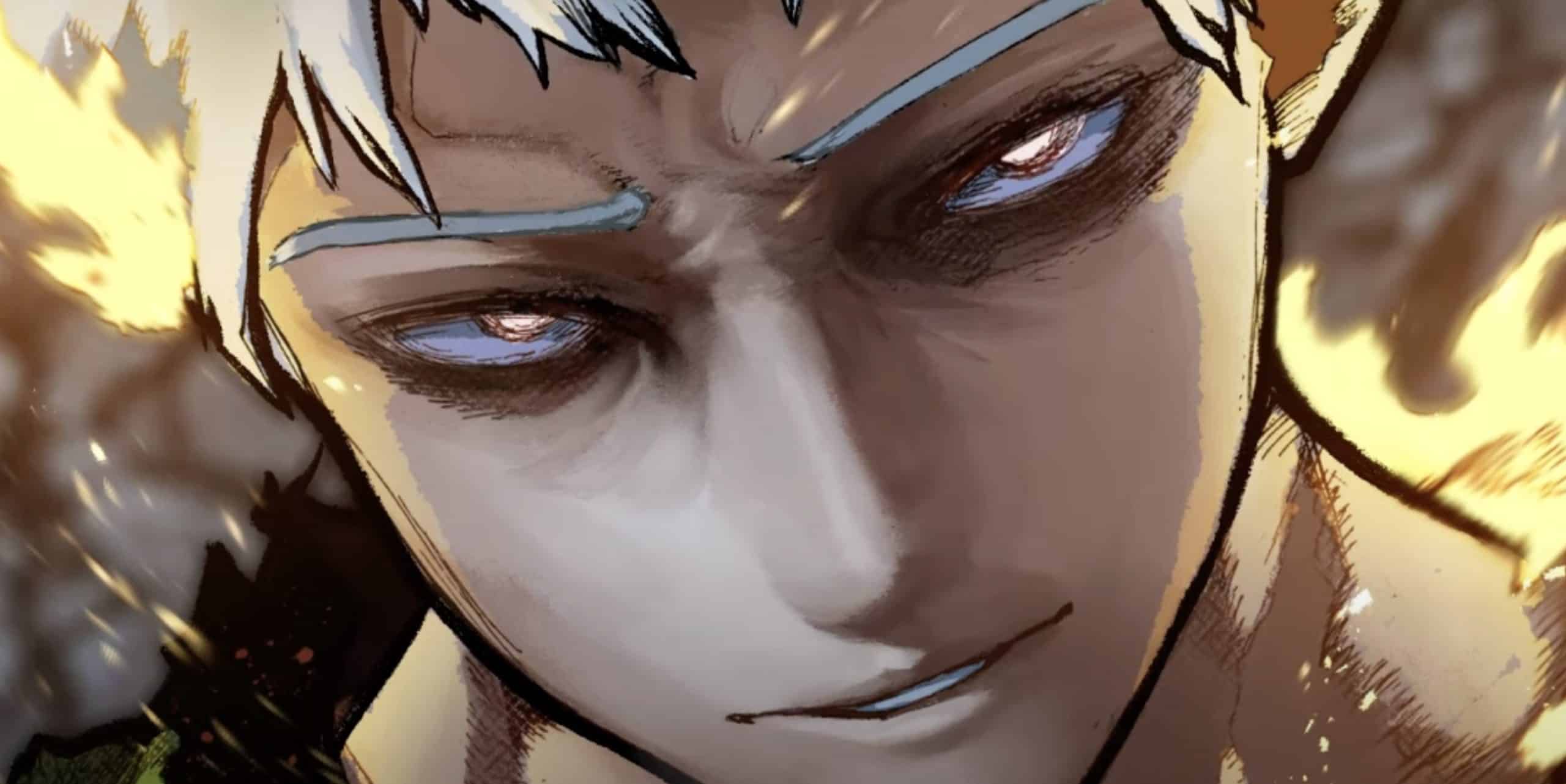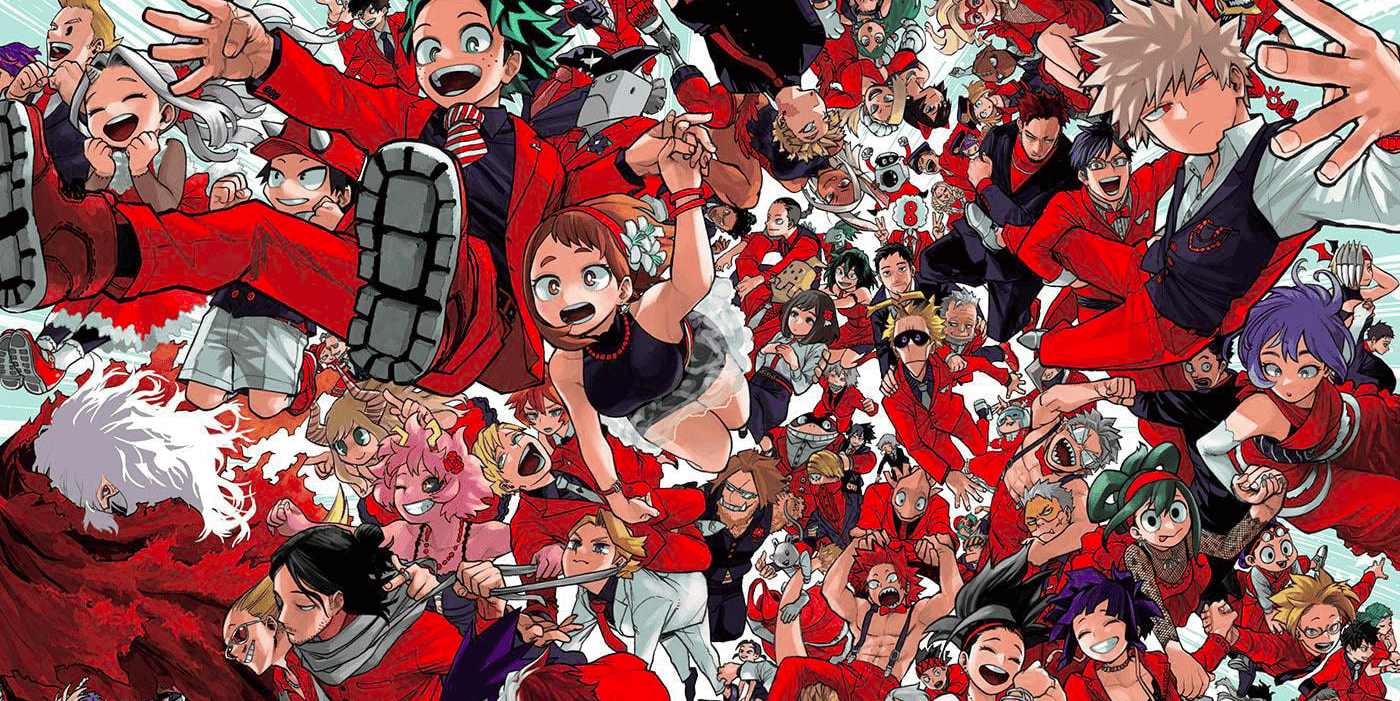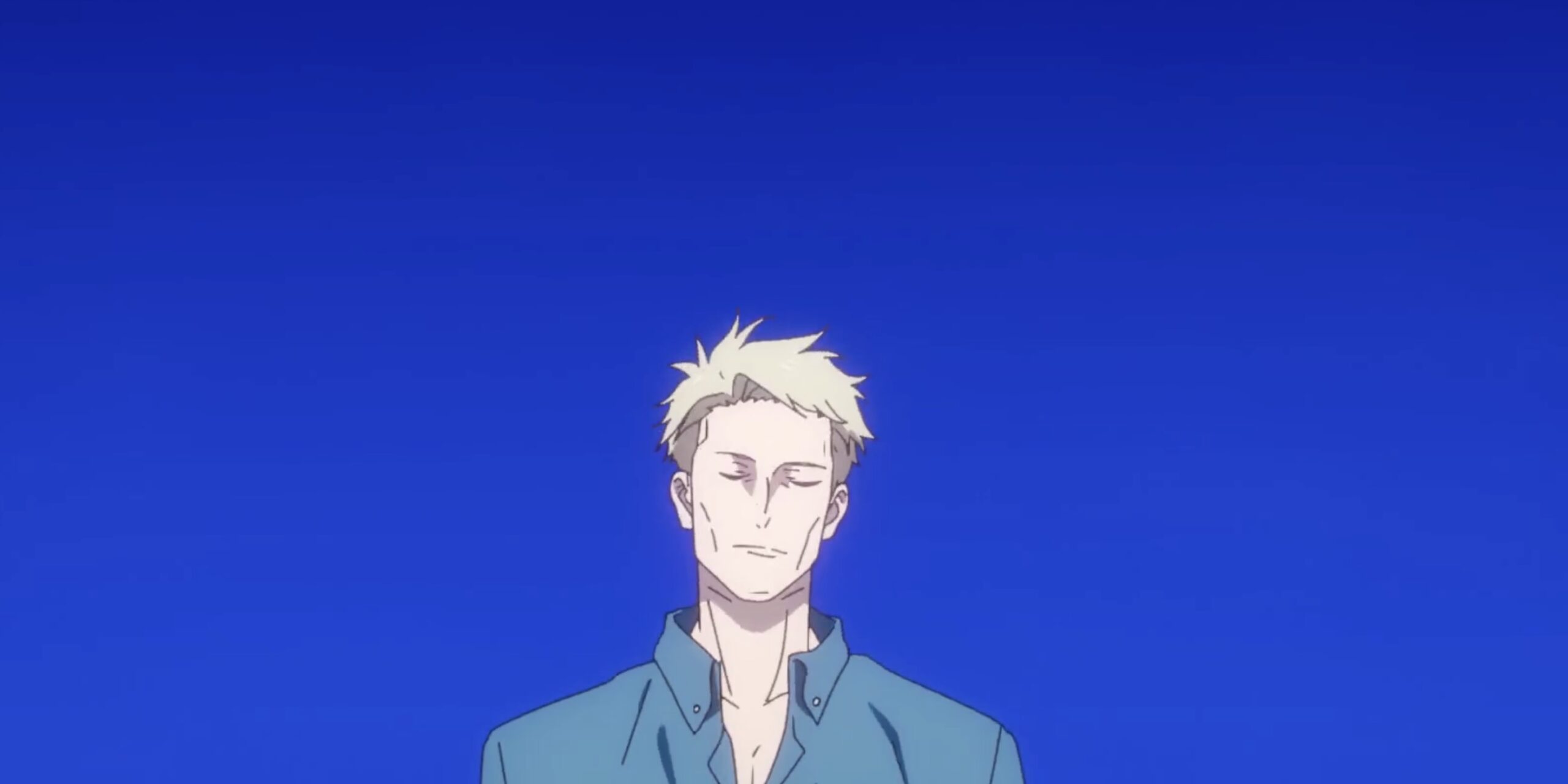As Japanese manga and anime have exploded in popularity worldwide, those involved in such creative spheres have increasingly favored concealing their true identities from the public eye. VTubers, the virtual YouTuber phenomena utilizing animated avatars, exemplify this along with comic authors.
Despite the celebrity status of these fictionalized personalities, the actual people behind the videos or on the printed page remain unnamed and unseen.
While some enthusiasts express irritation over lacking the ability to connect work with a face or real name, many respect the choice as an artistic right.
At the end of the day, how creators present themselves ties directly to their comfort level regarding privacy. The stories shared may reach millions, but that spotlight does not necessitate extending to those producing the content.
Ethics come into question when considering where personal boundaries lie and if public interest ever overrides individual decisions.
But intrinsically, artists in these fields seem drawn to anonymity, perhaps due to introverted personalities or a wish to let the imagination flow unconstrained by cameras and expectations.
As long as no harm or false pretenses set in, most fans continue supporting the human being behind the pen or avatar, whether known or unnamed.
What Is This New Law All About?
Japan’s implemented “qualified invoice system” aims to increase financial transparency between businesses and independent contractors.
By mandating that all contractual work be formally registered with tax agencies, using legal names rather than aliases, the process ensures proper income documentation while closing potential loopholes.
In a nutshell, the "qualified invoice system" will make it easier for the Japan tax collectors to gather information regarding how businesses are paying their contractors. Contractors be pressured to register since not doing so will make them more expensive for businesses.
— 兼光ダニエル真 (@dankanemitsu) September 11, 2022
However, critics argue ethical issues arise regarding privacy and overreach. Creators now face scrutiny over finances and identities previously guarded to focus solely on their craft, not deal with invasive publicity.
While streamlining tax compliance makes sense in theory, in practice, it may disproportionately affect artists relying on anonymity.
The question stands of whether administrative ease should supersede personal liberties. If left unchecked, these revelations could enable harassment, whereas established pseudonyms harm no one.

Fans worldwide empathize with the dilemma these changes pose, destabilizing careers many have come to admire.
It provokes discussions around censorship, freedom of choice, and society’s obligation to both nurture imagination and regulate lawfulness.
There are no easy solutions, but Japan’s acclaimed manga pioneers deserve a voice amidst risks they may soon unwillingly confront. Overall, the hope remains to find an equitable balance serving all interests.
How Is It Going To Impact Manga Artists?
Though specifics remain unconfirmed, Japan’s ambiguous “qualified invoice system” amendments have incited concerns based on implications for contractors like manga artists and VTubers.
By necessitating real names on job documentation, it eliminates the anonymity so many have relied on. Despite lacking key details, the policy’s overarching push toward binding creators to their identities sparks protests.

Frustratingly, since verification requires exposing actual registered names, these workers have no option but to comply if they wish income.
Moreover, officials callously dismiss the severe risks of publicizing what many consider extremely personal information. Citing no classifications, guarding identifies as highly sensitive data, and no cautionary protections seem underway.
Essentially, bureaucratic priorities take precedence over individual rights or interests. Fearing harassment, stalking, or other dangers, the vulnerable shoulders this new regulation while authorities continue unaffected.
Critics urge compassionate compromise, questioning if administrative convenience balances against destructive outcomes.

Though awaiting finalization, anger simmers over the measure’s invasive, uncompromising nature. If left unchanged before October, reputations, safety, and artistic integrity remain threatened by careless reforms.
The story continues developing, but stability seems uncertain for these unprotected creators.
Void Of Transparency
The alarm intensifies over the qualified invoice system as additional disturbing details emerge.
Ostensibly implemented to consolidate contractor paperwork for corporate subscribers, unconsidered ramifications now strike creative freelancers.
With identities and client lists soon logged in a publicly accessible database, anonymity and security face extinction.
Frustratingly, officials forge ahead devoid of nuance, ignoring pleas to reevaluate glaring privacy failures.

Rationalizing the registry as an administrative tool, they remain apathetic to the very real human costs of transparency gone awry.
Their firm late-2022 stance shows no initiative toward restricting access or protecting the vulnerable individuals exposed.
Essentially, this means accepting unnecessary risk and scrutiny is non-negotiable if artists wish to earn income safely.
The onus remains on manga visionaries and burgeoning VTubers to grapple with sudden fame and its liabilities rather than being shielded by the system itself.
Critics emphasize that streamlining red tape for some should not come at the expense of others’ basic safety. With the rigid implementation timeline drawing near, tension simmers as the government stays unresponsive to ethical issues raised.

At this rate, options appear sparse to safeguard creators from ominous repercussions in a system built without their interests in mind.
The Weaponization of Tax Documentation
Further analysis reveals this invoice regulation actively strengthens cooperation by weaponizing crucial tax documentation.
To qualify for fiscal benefits, corporations must first obtain special certified paperwork from contractors. Yet, for freelancers to generate these exclusive forms, they must divulge legal identities regardless of preference.
Essentially, each party faces financial penalties or service loss for nonconformity, compelled against choice.
In blunt terms, the system decreases security concerns by tying vital business functionality to involuntary publicity.

Creative minds like manga visionaries and VTubers now confront the penalties of values versus livelihood – either expose personnel details like name and clientele to potential predators or lose income viability and tax resources by resisting.
Facing such ethical and pragmatic ultimatums, most feel resigned to surrender the hard-won anonymity enabling artistic expression without fear of repercussion.
Accordingly, the qualified invoice system forcibly strips autonomous liberty from contractors who are less visible but equally vital to corporate interests.
Critics emphasize that streamlining business finances need not weaponize personal information without consent.

With coerced registration honoring revenue over privacy, tensions simmer ahead of the October 2023 deadline, which artists argue strips basic rights to security.
Their calls continue for compassionate compromise rather than a bureaucratic barrage on the vulnerable.
Dystopia for VTubers
Perhaps most ironic are the distinct difficulties posed for VTubers under the qualified invoice system. These entertainers thrive on animated alter egos, contractually forbidden from disclosing true identities.
Yet compliance now demands revealing the very confidential details that characterize the niche field. To obtain essential income documentation, agencies must either abandon anonymity principles or lose financial viability.
Essentially, years of cultivated mystique face destruction at the hands of bureaucratic blindness.
Officials failed to consider that policies geared toward transparency cannot uniformly apply across professions dependent on secrets.

For VTubers, persona authenticity stems from masking real worlds while embodying fictional ones. Eliminating privacy protections undermines the creative premise itself.
As the October 2023 deadline approaches, many anticipate seismic shakeups in how virtual entertainers operate in Japan.
Smaller groups may fold without resources to navigate exposure, whereas talent may flee if promised confidentiality no longer applies.
The ultimate effects remain unseen but will critically redefine an industry neglected in reform considerations.

Ironically, progress in tax accountability may devastate the obscure artists now visible but voiceless in a system demanding daylight through regulatory force.
Audiences fervently hope those most vulnerable do not end up paying the steepest price for improved revenue recording.
What Fans Think About This Situation
While some fans tried injecting humor about creators facing hordes of followers, many conveyed legitimate unease.
Users noted harassment previously aimed at reclusive mangakas like Sui Ishida, and worries spiked regarding the loss of privacy that had shielded these artists.
Manga authors being required by law to show their face? I don’t see this going south at ALL pic.twitter.com/I8h4dJ4yBV
— Noodles | 🍜 (@Noodledori1) June 22, 2023
Intensifying fears centered specifically on talents who anonymize aspects of identity beyond names alone.
For example, Jujutsu Kaisen’s author, Gege Akatumi, whose real name and gender are unknown, falls into this category.
So does the renowned but anonymous figure behind Demon Slayer, Koyoharu Gotouge. Revealing these creators’ closely guarded gender identities against their will sounds ethical alarms.
By disregarding the context around these cherished yet intentionally obscured artists, the regulation demonstrates ignorance or indifference.

It compels exposure that is neither requested nor required from professionals who simply wish to create without scrutiny.
Critics urge compassionate compromise rather than bureaucratic mandates trampling over personal liberties.
With vocal fans amplifying apprehensions, one hopes creatives don’t end up paying the steepest price for improved accounting.
Their stories inspire the world, and now many hope world leaders will recognize publications must not supersede people.
While the catalyst remains unconfirmed, some ponder if high-profile criminal cases like Rurouni Kenshin creator Nobuhiro Watsuki’s charges influenced this exposure law.

A handful of supporters speculate it may deter untoward acts, but most challenge the logical leap between revealing names and preventing misdeeds.
Undoubtedly, there are multiple perspectives, and theoretically, regulations intend to progress.
However, predominant doubts question whether transparency should override personal liberty regarding law-abiding creatives.
Despite fans conjecturing assorted benefits, most views oppose the policy as an overreaching violation against artists simply seeking privacy for their craft.




